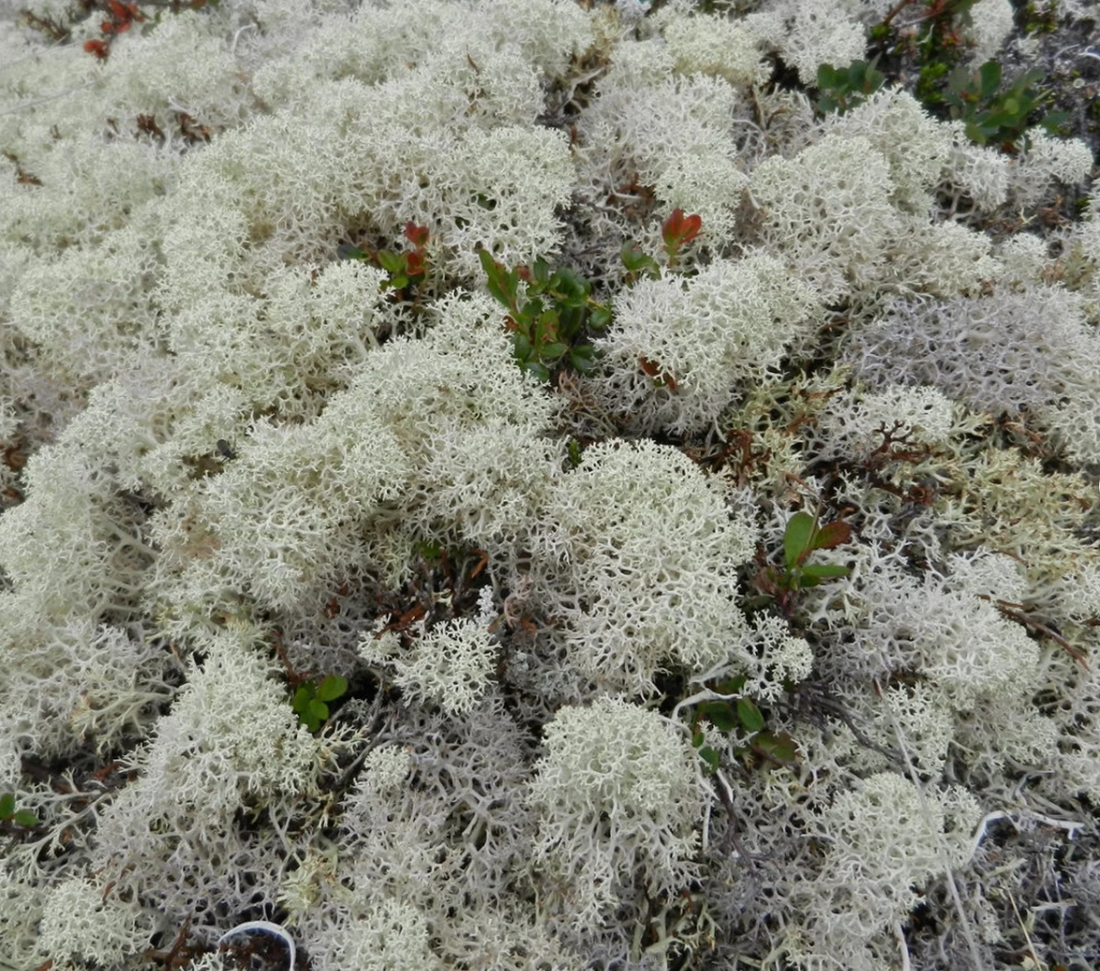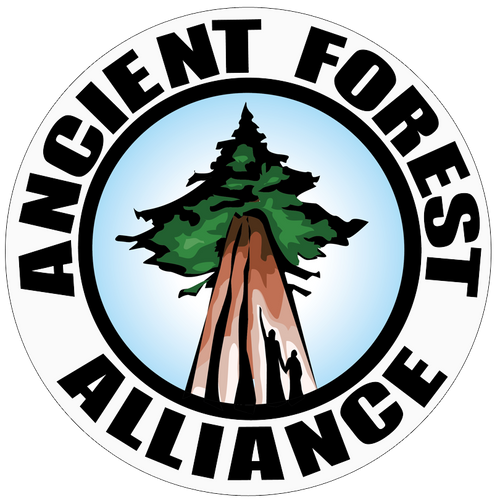
Please Don’t Buy the Reindeer Moss: How Craft Trends Threaten Caribou Survival
Share
Commercial lichen harvesting isn’t "sustainable." It’s stripping food from endangered caribou — and we have alternatives.
The Chilling Reality: What You’re Actually Buying
Walk into Michaels, browse Etsy’s "sustainable moss" section, or visit a farmers’ market this fall, and you’ll find it: fluffy gray-green reindeer lichen (Cladonia rangiferina), sold as "forest decor" for terrariums, wreaths, and fairy gardens. Sellers casually label it "wildcrafted in Canadian forests."
But here’s what they don’t tell you:
- This lichen is the primary winter food for BC’s endangered caribou herds.
- It grows 1–2 cm per decade. A palm-sized patch takes 50+ years to mature.
- Caribou populations have collapsed to ~17,000 in BC — and lichen loss is accelerating their starvation.
"When you buy ‘wildcrafted’ reindeer moss, you’re not supporting ‘small businesses.’ You’re funding habitat destruction."

This bit of lichen will sell for about $12 CAD. It took 50 years to grow and it's the primary food source for Caribou. Read about Canadian Caribou's struggle for survival.
Why Harvesting Reindeer Lichen is Always Unethical
① It’s a Lifeline, Not a Craft Supply
- Caribou dig through snow for lichen in winter. No lichen = slow starvation.
- Logging roads and seismic lines already fragmented 85% of their habitat. Commercial foraging is the final blow.
② "Sustainable Harvest" is a Myth
- Growth rate: A single terrarium’s worth of lichen requires 1+ square meter stripped from old-growth forest — land that won’t recover in our lifetime.
- Trampling effect: Foragers collapse delicate soil crusts, killing lichen networks beyond what they take.
③ Major Retailers are Complicit
- Michaels sells "Preserved Reindeer Moss" ($9.99/100g) — source: "harvested in Canada."
- Etsy vendors hawk "sustainably foraged" lichen (500+ listings), often from BC’s inland rainforests.
- "Faux Forest Décor" brands greenwash mass-harvesting with earthy packaging.
There’s No Excuse: Sustainable Alternatives Exist
🌿 Use Usnea Instead (The Caribou-Friendly Lichen)
- Why it’s ethical: Grows on branches (not ground), abundant, regenerates fast.
- Perfect for crafts: Same ethereal texture, dyes beautifully, antimicrobial.
- How to forage responsibly: Only take fallen branches; never strip trees.
→ Free Resource: Ethical Usnea Harvesting Guide
💡 Other Alternatives:
- Cultivated mosses: Spanish moss (Tillandsia usneoides) or sheet moss (Hypnum) — both renewable.
- Tree-free decor: Dried lavender, oat stalks, or fallen pinecones.
Caribou Can’t Speak — But We Can
This isn’t about "canceling" crafters. It’s about exposing an industry profiting from extinction:
- Habitat loss is the #1 threat to caribou. Lichen stripping ranks with clearcutting.
- "Wildcrafted" marketing tricks consumers into believing lichen is "renewable." It’s not.
"Reindeer lichen’s value isn’t in a jar. It’s in the throat of a starving caribou calf."
What You Can Do Today
- Boycott reindeer moss products. Check ingredient/decor labels.
- Call out retailers: Ask Michaels/Etsy where lichen is sourced. Tag them on social media.
- Choose usnea: Forage it ethically (use our guide) or buy from trusted wildcrafters.
- Spread awareness: Share this article. Most Canadians don’t know caribou eat lichen.
→ Download our free guide: 5 Sustainable Swaps for Forest Crafts
Final Thought: Rewilding Our Ethics
Crafting with nature shouldn’t cost lives. This fall, as you gather supplies for holiday projects, remember:
"True ‘sustainability’ doesn’t strip food from endangered species. It creates life — for forests, caribou, and our conscience."
In solidarity with the caribou,
Kootenay Wildcrafting

